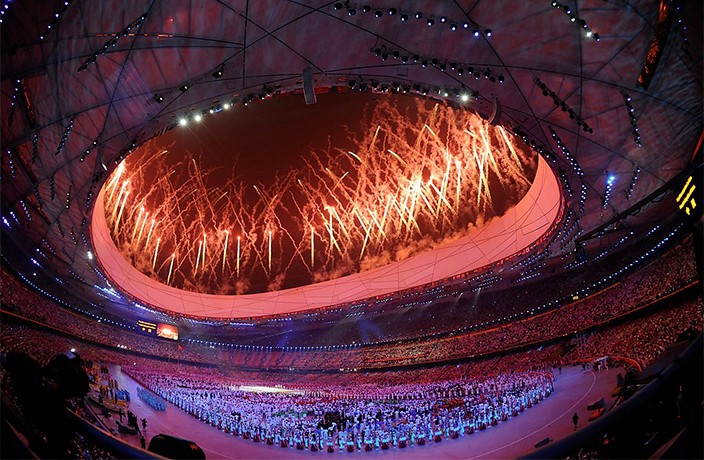Experts predict that if business continues as usual, China’s demand for water will exceed total supply by 2030. According to China Water Risk, the Chinese government has said it will spend nearly RMB4 trillion – or USD628 billion – between 2011 and 2020 to safeguard fresh water.
The future fate of China’s water balances on a variety of factors – pollution, utilization of recycled water, power sources and climate change. This year’s so-called “Water Ten Plan” addresses three of the above issues, unveiling a “Three Red Line” approach to control total water use, improve usage efficiency and prevent and control pollution.
READ MORE: Dark Waters: Guangdong's Mounting Water Crisis
Currently, most provinces in China reuse about 10 percent of their water, dumping sewage and waste into nearby waterways instead. This latest policy will require cities in water scarce regions to reuse 20 percent of recycled water by 2020. In the Beijing-Tianjin-Hebei region, that rate should reach 30 percent.
In addition to recycling water, the government is determined to protect fresh water at its source. Until now, China has overwhelmingly followed in the footsteps of the US – treating water retrospectively while continuing to pollute it. Protecting fresh water sources, however, is China’s only hope to reverse water deficits in a cost-effective, timely manner.
Around the world, evidence of climate-induced water scarcity is growing, with Sao Paolo, Brazil, as the most cited example.
A third major challenge facing the nation’s water treatment is power. China’s water is bound in a catch-22 with energy production, whereby power requires water and water requires power during treatment, transport and distribution. As stated in China Water Risk’s report 'Towards a Water & Energy Secure China' published earlier this year, 93 percent of China’s power generation is water-reliant. Coal-related industries and plants are estimated to account for half of total industrial water use in China. Other sources of power – including hydro, nuclear, solar and wind – bring separate water risks of their own. Finding a sustainable power solution in the midst of dwindling water reserves is one of the greatest impasses China will confront this century.
READ MORE: Dark Waters: Water Wars
Climate change will also play a pivotal role, as extreme weather events grow more common and disturb trends in water use, infrastructure and climate patterns. Heavy reliance on coal has already exacerbated China’s carbon emissions. Around the world, evidence of climate-induced water scarcity is growing, with Sao Paolo, Brazil, as the most cited example.
For China, the way forward is hazy. The best solution will be one that does little harm to the environment while still meeting the demands of a modernizing society. The public is well aware of the problem – a 2014 survey by the Ministry of Environmental Protection found 86.8 percent of Chinese are “highly concerned” over drinking water and food safety – but knowledge of water conservation and safety is far less pervasive. And unlike the vast majority of risks facing China and the international community, a water supply crisis does not loom on some distant horizon. It waits within our lifetime, as far away as our pace decides.






















0 User Comments